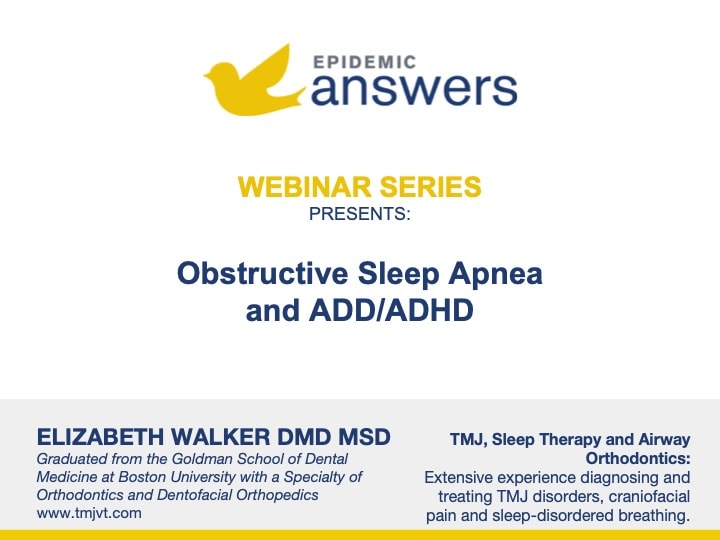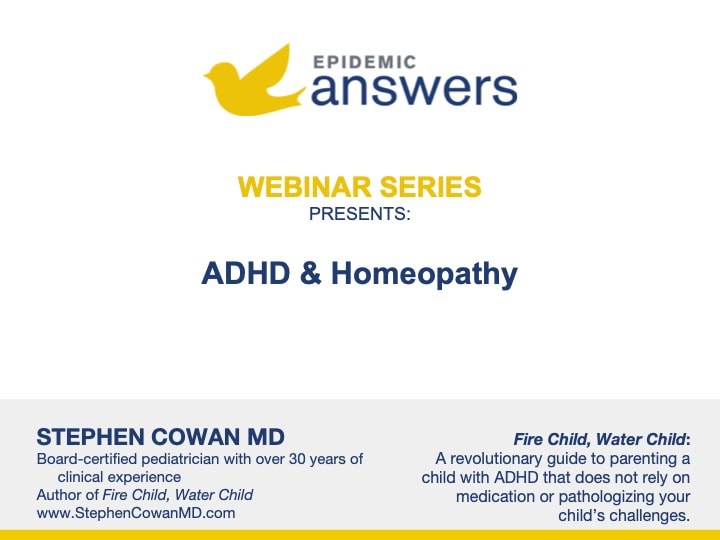In this blog post, Kelly Dorfman, MS, LND, explains why pycnogenol may be helpful for autism, ADHD, SPD and other developmental delays.
What Is Pycnogenol?
When people hear about pycnogenol for the first time, they usually say “pick what?” Pronounced “pick-NOJ-en-ol,” this odd sounding substance has shown some promise in helping those with developmental issues.
Pycnogenol is a plant substance in a chemical family called flavonoids. Flavonoids have been in the news lately because many of them are being studied for their wide-ranging health benefits. Many of the cancer preventing, anti-inflammatory and immune enhancing properties associated with various fruits and vegetables are related, in part, to the type and amount of flavonoids they contain.
Pycnogenol is, in fact, a trade name for flavonoids that are better known in scientific circles as proanthocyanidins or procyanidolic oligomers (PCO). PCOs are abundant in red wine, grape seeds and pine bark.
In France, where PCO was originally discovered, pycnogenol has been extracted and sold as a food supplement for decades. The research which has established PCO as safe and useful is published in French which may account for its relative obscurity until recently in the U.S.
Antioxidant Properties
PCO is an antioxidant very much like vitamins C and E but with much higher activity. Its higher potency is thought to come from the fact that it can be incorporated directly into cell membranes. This increases its ability to protect a cell from chemical damage from substances called free radicals.
Because PCO is incorporated into the cell wall, one of its primary uses has been in the treatment of blood vessel disorders such as varicose veins, vascular disorders of the retina and easy bruising.
What do varicose veins have to do with developmental delays? Nothing directly. Yet somebody decided that a potent antioxidant that could more easily be incorporated into cell walls and reportedly the brain, might help the physiological and chemical brain changes that are now believed to be present in developmental problems.
Improvement in Symptoms
Stories of pycnogenol improving eye contact, fine motor skills and attending were so compelling that some practitioners began experimenting with PCO at the dose of 1 mg (milligram) per pound of body weight. Vitamin C was also added because it reportedly makes the PCO work better.
The most frequently noted improvement was in the fine-motor-skill area. Mothers reported children could control pencils and the computer mouse more precisely. After the addition of PCO, children who were previously struggling in occupational or physical therapy would suddenly master skills.
Less dramatic, but also encouraging, was the possibility that PCO contributed to a number of children being weaned from Ritalin. Pycnogenol with another nutrient was used successfully in several situations, which were resistant to other interventions.
This anecdotal evidence has led to speculation concerning pycnogenol’s effect on the body’s regulatory systems, but no clinical studies have yet confirmed its possible role in this area. There is plenty of clinical evidence supporting pycnogenol’s safety.
About Kelly Dorfman MS LND
Kelly Dorfman is one of the world’s foremost experts on using nutrition therapeutically to improve brain function, energy and mood. Kelly’s special talent for integrating information from many sources and finding practical solutions has made her a popular speaker and workshop leader. She lectures extensively and is a member of Platform (formerly the National Speakers Association) and has been featured on numerous television programs including CNN’s American Morning.
Kelly’s award winning book, Cure Your Child With Food: The Hidden Connection Between Nutrition and Childhood Ailments (formerly known as What’s Eating Your Child) was given rave reviews by Publishers Weekly and the Washington Post.

As a go-to expert on nutrition issues, Kelly is frequently interviewed and quoted in the media. She has been featured in articles in The Wall Street Journal, Parade, Bethesda magazine, Living Without magazine, and the Huffington Post.
Kelly holds a master’s degree in nutrition/biology and is a licensed nutrition dietitian. She is a co-founder of Developmental Delay Resources, which has merged with Epidemic Answers. You can find out more about Kelly and her practice at kellydorfman.com
Still Looking for Answers?
Visit the Epidemic Answers Practitioner Directory to find a practitioner near you.
Join us inside our online membership community for parents, Healing Together, where you’ll find even more healing resources, expert guidance, and a community to support you every step of your child’s healing journey.
Sources & References
Dvoráková, M., et al. Urinary catecholamines in children with attention deficit hyperactivity disorder (ADHD): modulation by a polyphenolic extract from pine bark (pycnogenol). Nutr Neurosci. 2007 Jun-Aug;10(3-4):151-7.
Golsorkhi, H., et al. Herbal medicines in the treatment of children and adolescents with attention-deficit/hyperactivity disorder (ADHD): An updated systematic review of clinical trials. Avicenna J Phytomed. 2023 Jul-Aug;13(4):338-353.
Rohdewald, P. A review of the French maritime pine bark extract (Pycnogenol), a herbal medication with a diverse clinical pharmacology. Int J Clin Pharmacol Ther. 2002 Apr;40(4):158-68.




